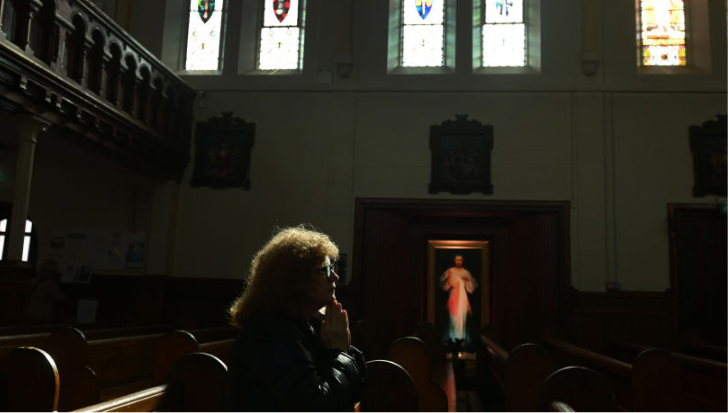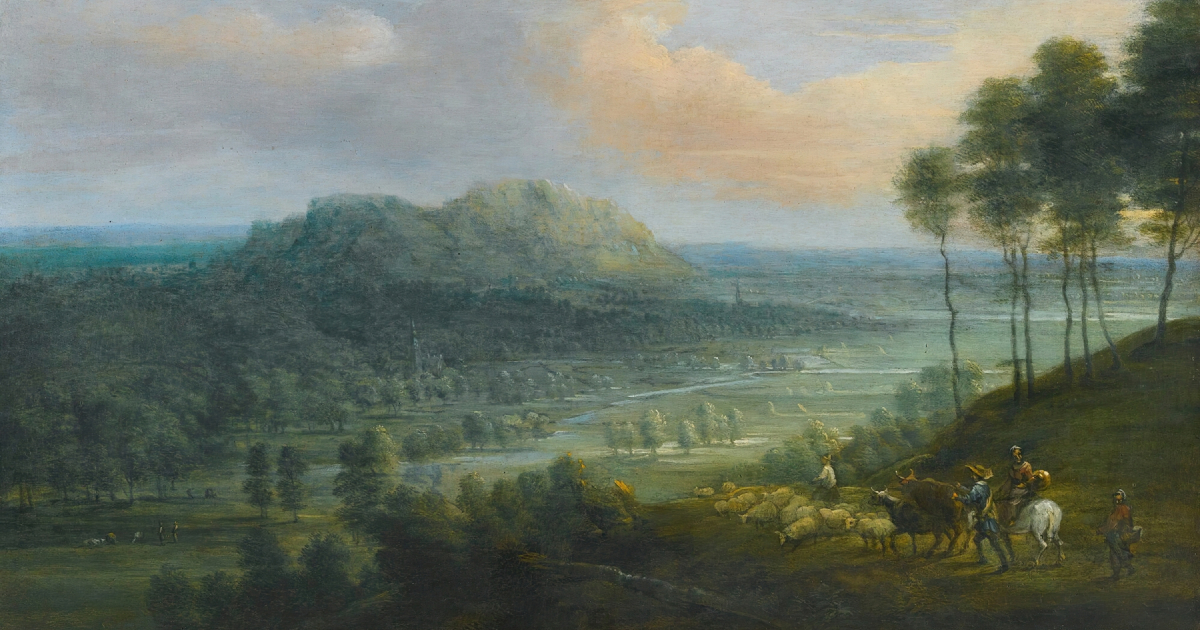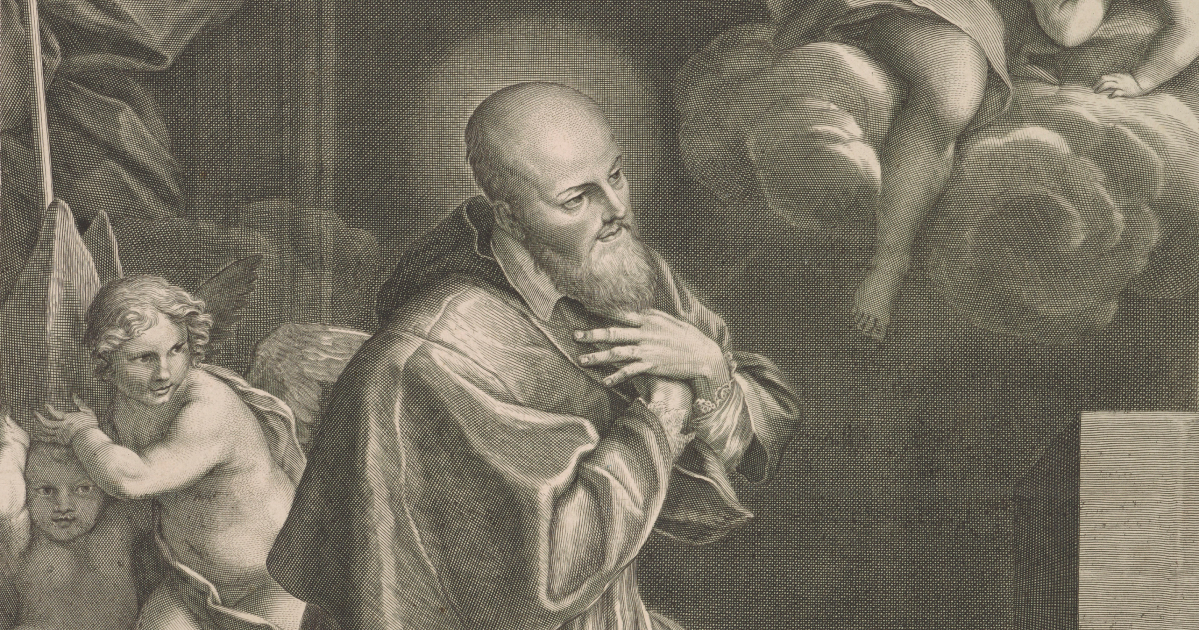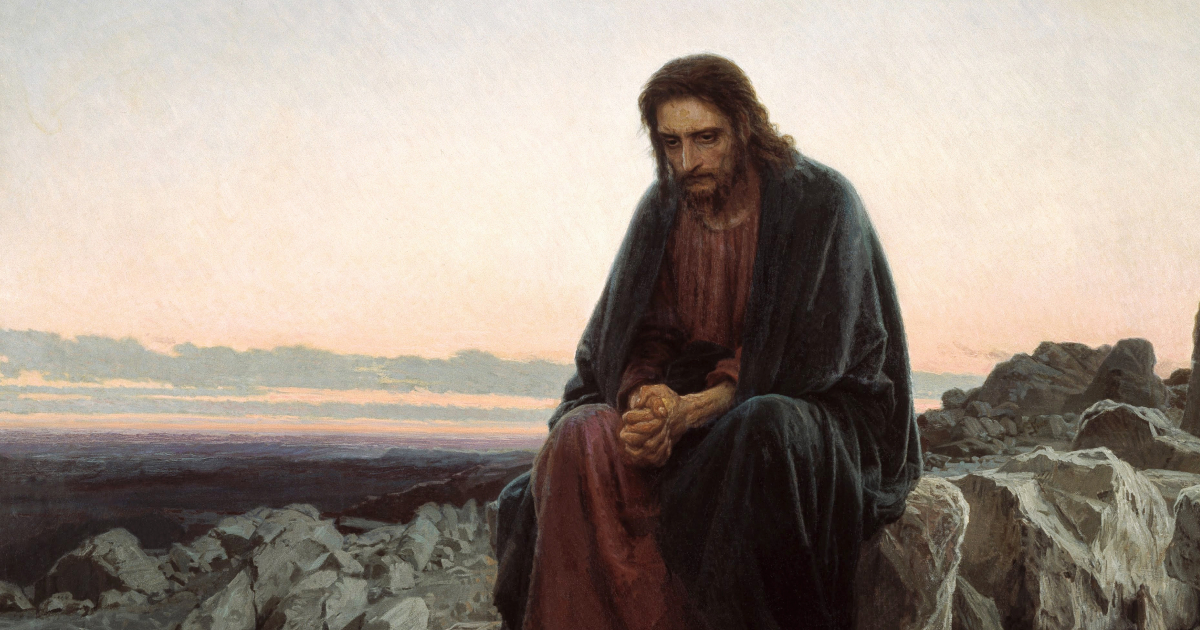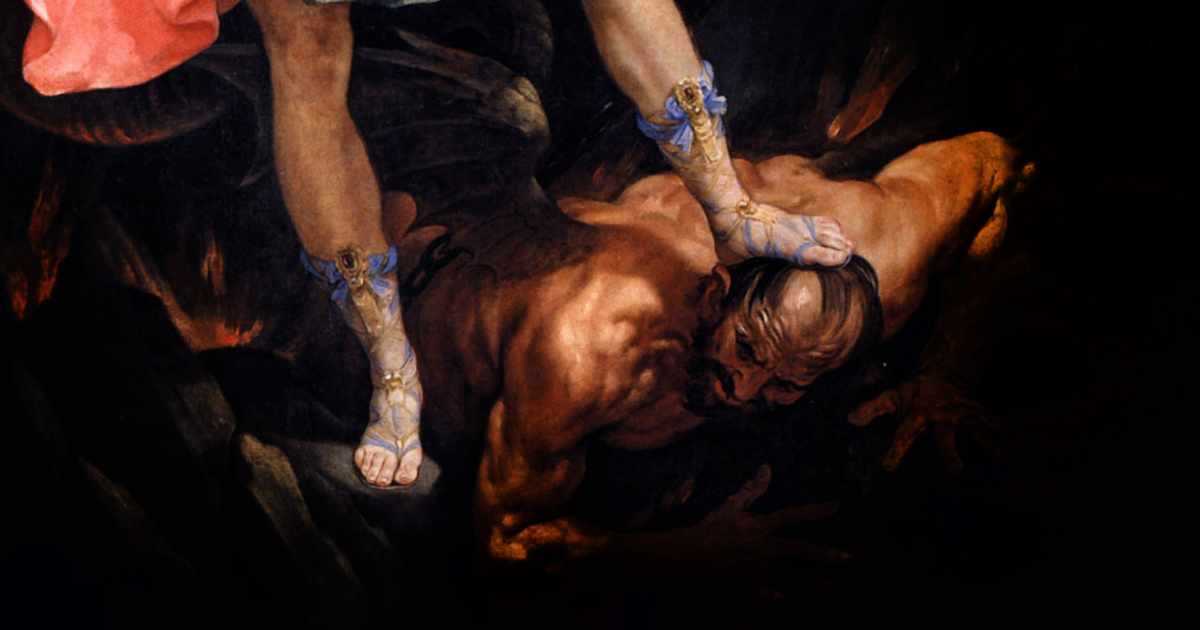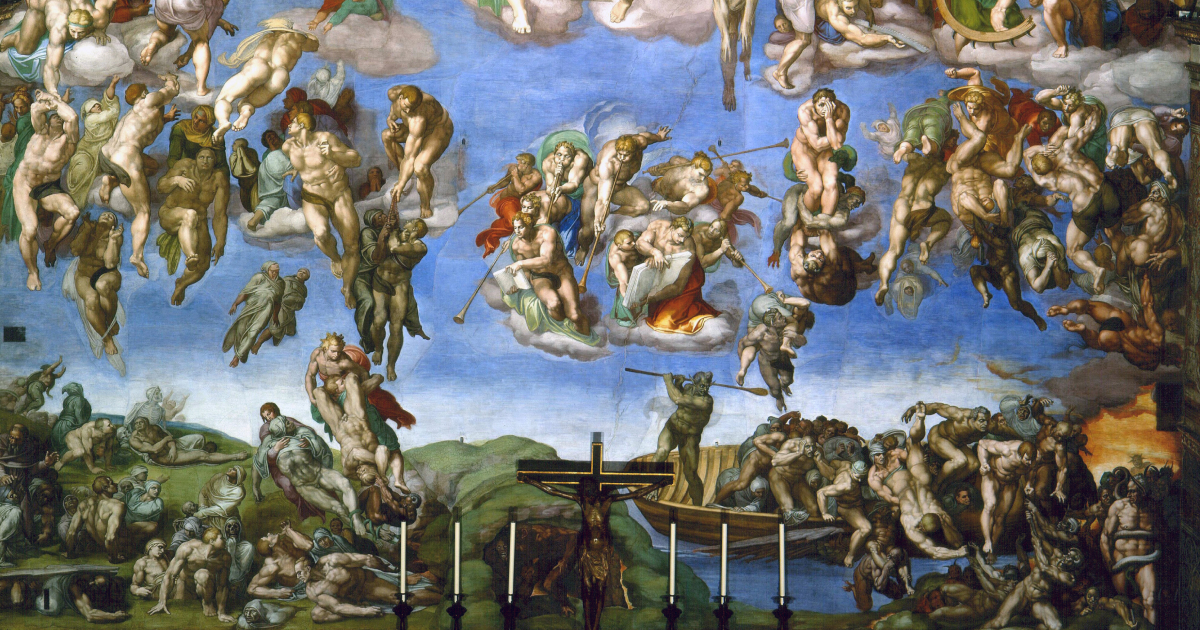There is a marked revival of interest in religion among young people in Northern Ireland, according to a major new poll that reveals the attitudes of Catholics, Protestants and the non-religious in the country towards religion, Christianity and the individual Churches.
Commissioned by the Iona Institute, a Christian advocacy group, the findings indicate “a clear reversal of the previous continual decline” that appeared entrenched in age groups.
“The fact that some kind of revival of interest in religion is occurring among the youngest age group surveyed should encourage all the Churches,” says David Quinn of the Iona Institute.
“It is not an outlier finding because polls elsewhere have seen the same thing. Maybe a growing subset of young people are concluding that secularism isn’t really giving satisfactory answers to life’s big questions. “
The youngest age group polled, the 18-24 year olds, are more likely to have a “very positive” attitude toward Christianity – 30 per cent versus only 4 per cent with a “very negative” view –than any other age group, even the over-65s.
This revival of interest among the 18-24 year olds is consistent with poll findings in the Republic of Ireland, in Britain and in the US. In Britain, the phenomenon is being called the “Quiet Revival”.
More of this younger age group also have a very positive attitude towards the Catholic Church – 17 per cent – than all of the age groups above them.
Another big finding is that Northern Ireland can no longer be viewed as being simply divided between Catholics and Protestants, but that the “nones” – those who say they don’t belong to any religion – have become a major force as well.
Some of the other major findings of the polling include: 40 per cent of Catholics are regular Mass-goers (double the percentage in the South); the 18-24 year olds are more likely to pray and read or watch religious content than the 25-34 year olds; scandals continue to be a big driver of unfavourable attitudes towards the Catholic Church; the most unfavourable attitudes towards religion in general are among the non-religious, who seem to have a “plague on both your houses” attitude; Catholics appear more well disposed towards the Protestant Churches than vice versa.
“In the future, there will probably be fewer ‘cultural Christians’ around, that is, people who say they are Christian but don’t practice,” says Quinn. “Instead, society could be divided between those who believe in religion and those who don’t believe, with little in between, that is between the religious and the ‘nones’."
He adds: “This seems to be what is happening in both the North and the South. The overall conclusion, however, is that religion is not disappearing, contrary to past predictions.”
The poll is based on a representative sample of 1,200 adults in Northern Ireland and was conducted by Amarach Research.
The findings come on the back of Maria Steen’s recent bid to become Ireland’s next president and which drew much attention in Ireland.
Here was someone unashamed of her Catholic faith and to a great extent popular with large swathes of the public for her uncompromising positions on matters of morality and religion.
It has been commented that Steen’s emergence as a popular presidential prospect, albeit one who was sidelined by the establishment, gives hope of a country falling back in love with the forgotten faith of its forebears.
RELATED: Maria Steen’s brave failure proves Catholicism in Ireland isn't finished yet
Photo: A woman praying in St. Marys chapel in Belfast, Northern Ireland. (Photo by Charles McQuillan/Getty Images.)





